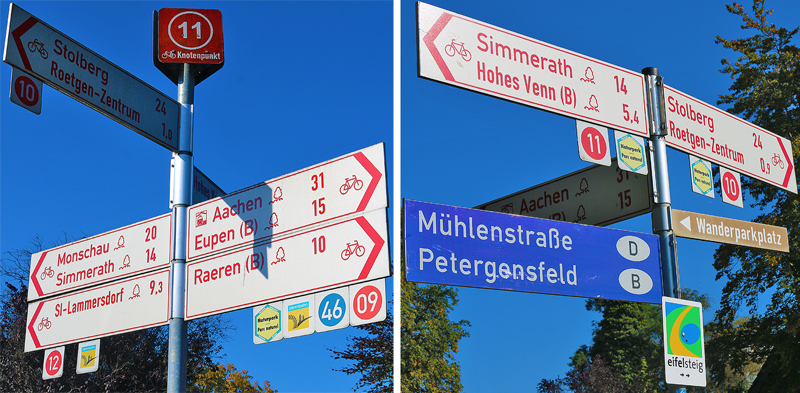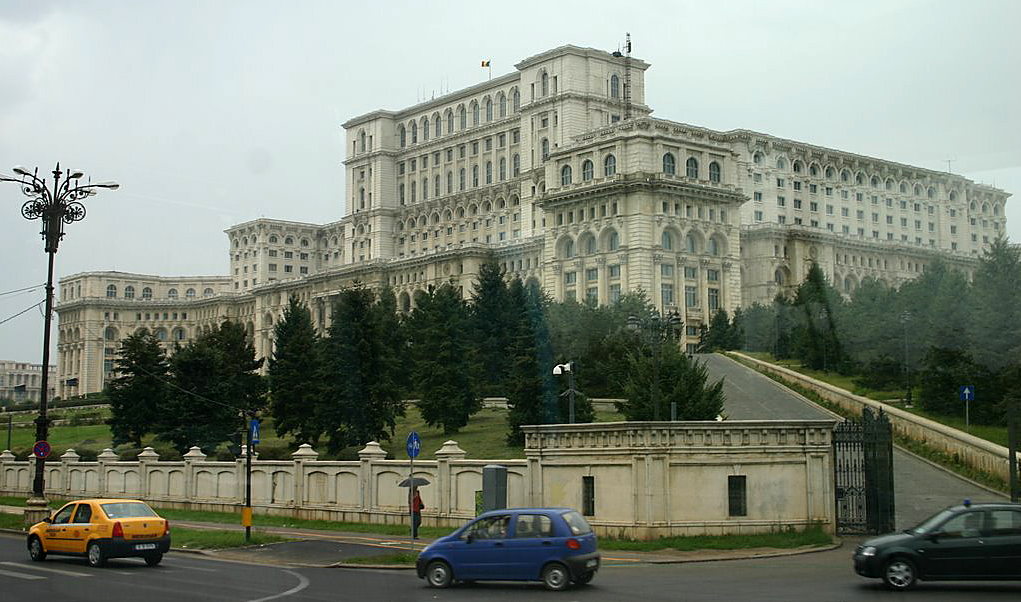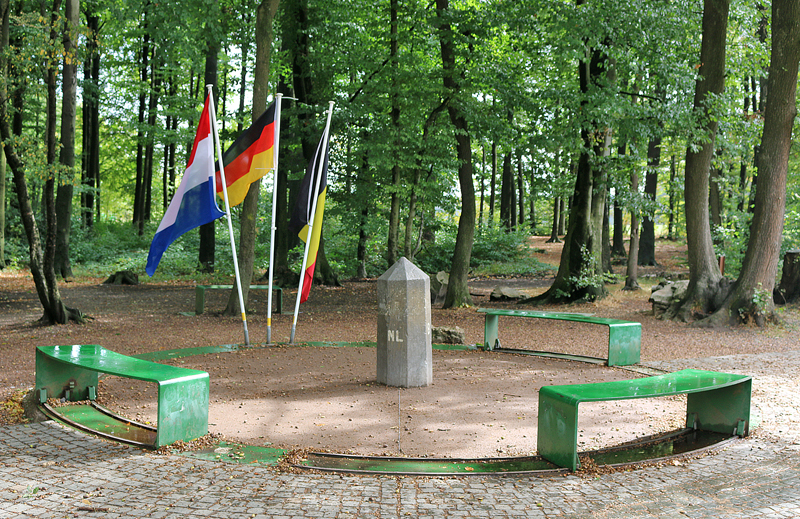At approximately the same time as when the 2019 Novel Coronavirus was officially declared to have reached pandemic disease status by the World Health Organization on Wednesday, March 11, 2020, another trend of sorts was also occurring: the neutralization of supposed “gendered” language.
Do You Speak Germxn? Do We Really Need Gender Neutral Names of Languages?

According to this discussion which was posted on Reddit, German is considered a gendered language because the last half of the Anglicized name for the primary language which is spoken in Germany is spelled man…
…but if the name of the country is Deutschland and the people speak Deutsch, then why is the country called Germany — and the language called German — by people who speak English?
“Germany has more names than any other country in the world”, according to this article written by Amber Pariona of WorldAtlas. “One of the first known names of the region was Germania, attributed to the area by the Romans. The name was in recognition of a particularly powerful local tribe that the Romans fought. Although the Romans went on to take control of the majority of western Europe, the region under the Germanic tribes remained unconquered.”
People who spoke English initially “translated the name Deutsch to Dutch. This term, however, was only applied to people living in the Netherlands, which is located closer to England. These individuals were considered Germanic speakers. In order to differentiate between the regions and the people, English speakers began to refer to the country as Germany, which originates from the Roman term Germania. The first recorded use this word by English speakers dates back to 1520 AD. Prior to that, English-speakers referred to this country as Alman and Almain, derived from the previously mentioned Latin-based word.”
So if the name German comes from the name of the country called Germany, which is derived from the term Germania as originated by the Romans, then logic would dictate that if German should be changed to Germxn, then Germany should be Germxny; Germania should be Germxnia, and Roman should be changed to Romxn…

…and if Roman should be changed to Romxn, then the name of the country Romania should be changed to Romxnia; and the name of the language spoken in that country should be called Romxnian instead of Romanian.
Why stop there? More changes of the names of languages and countries to be proposed for gender neutrality should therefore also include:
- Armenia to Armexnia
- Mandarin to Mxndarin
- Oman to Omxn
- Turkmenistan to Turkmxnistan — and Stan is a masculine name, so this name may need to be reviewed for further change
- Yemen to Yemxn
את השער עם בריאן כהן
What about the language known as Hebrew? Should that be change to Shebrew? How about the name of the Himalayan Mountains be changed to the Heralayan Mountains?
Perhaps Argentina and Senegal should swap genders and become Argalina and Senegent? Is the Tina portion of Argentina not a feminine name? What about the language of Bengali, which uses the masculine name Ben combined with gal instead of gent? How about changing the name of Guyana to Galana?
Speaking of masculine names, what about Chad, Kenya, El Salvador, Marshall Islands, Philippines, Solomon Islands, or Saint Vincent and the Grenadines — which actually sound like the name of a rock band? Should they all be changed to feminine names? If so, then what about Georgia, which is a feminine name? Should that be changed to — well — simply George?
Ironically, Elizabeth II is the queen of England — so should the name of the nation be known as the United Queendom?
Something different could be done with the name Bosnia and Herzegovina: change it to Hisnia and Herzegovina.
The name Jordan can be left alone, as that name can be considered androgynous and therefore gender neutral — but how would the other aforementioned names be changed to satisfy the requirements of gender neutrality?
Summary
I can go on and on with questioning the gender neutrality of the names of languages and countries — without even including states, cities, counties, islands, towns, and the names of other geographic locations — but does gender neutrality really solve a problem or an issue?
I have seen the term womyn instead of woman — but not womxn, which has also been used.
Before I get accused of being some kind of male chauvinist, I believe — and have always believed — that women should have equal opportunities as men; and that women should be treated with respect…
…but I must admit that I do not understand the movement to ensure that the names of languages should become gender neutral. If someone can please explain in the Comments section below how the world becomes a better place in which to live as a result, I would be grateful.
All photographs ©2007 and ©2018 by Brian Cohen.

